The answer is yes ... and no.
The longer answer is that I failed as an advocate.
When we had our IEP meeting with the middle school team we were hoping it would be a somewhat quick meeting to discuss her placement. We had a previous meeting the middle school team wasn't available for when we discussed Kayla's progress, present level of performance, & suggested goals for next year. I didn't think we were going to go over all that again, but since the middle school team wasn't there for that the meeting started off with that information.
Our kids were with us in the meeting. I brought snacks and other things to keep them busy, but let's face it - after spending all day at school the last thing they wanted to do is sit in a conference room. They were very well-behaved though and quiet throughout the meeting.
By the time we got to what I think of as the nitty-gritty of the meeting, we were about an hour and a half into the meeting. I had a feeling this could become a long discussion.
As the discussion progressed we realized we were up against another brick wall. We realized we were up against all the same arguments and resistance we were met with throughout the elementary years.
When someone from the middle school team was looking over the example of modified science materials Kayla's gen ed teacher brought and said, "What is the benefit ...?" and trailed off speechless with a look of disbelief on her face, I have to admit I mentally checked out. In my mind the meeting was over. I was done.
I was absolutely done with all of it. I was done with the last few years of meetings consisting of eye rolls, sighs, facial expressions, and side whispers. I was done with feeling like we were crazy for suggesting our child could be educated in the general education setting. I was done with the animosity. I was done with the tension. I was done with the negativity.
I knew it would be fruitless to again present so much evidence - so much! - to show best practice, to show research, to show successful inclusion, all for naught.
I was done with trying to explain how this can work. I was done with hoping that one person on her team would finally say "Let's figure out how we can make inclusion successful."
With that comment of "What is the benefit?" I knew what kind of walls we would be facing because we heard a similar comment of "What's the point of even teaching her about the Civil War?" from someone at the district level at a previous IEP meeting. I knew this disbelief of an inclusive education for students with disabilities is from the district level on down to the school level.
We were tired of hearing she didn't belong in a ged ed room because it wasn't beneficial to her - because she would be like "a one-person classroom within the classroom", "in her own bubble in the back of the classroom", that "the aide would become her teacher and she would be getting most of her instruction from the aide instead of the highly qualified special ed teacher." Yes that's how 'inclusion' looked because that's how they did inclusion, because that's the way they made it happen.
The district does not have an inclusion plan in place; they do not regularly, or routinely, make it a practice to educate students with intellectual disabilities in the ged ed setting, unless they are near grade-level. IDEA does not say a student has to be close to grade level or that they need to earn their way in to a ged ed classroom.
How do I know this? Statistics paint the picture.
In 2013 there were a total of 82 students with Mild Intellectual Disability as their primary diagnosis in Elementary (27), Middle (22), and High School (33).
Out of those total 82 students ONE was included in gen ed for 80% or more of the day. (I don't know if that student was elementary, middle, or high.)
Out of those 82 students only 17 were in gen ed 79-40% of their day. I wish I had the breakdown of how many of those 17 were in gen ed near the 79% and how many were included near the 40%.
Out of those 82 students SIXTY were in gen ed for less than 40% of their day. (The remaining 4 were homebound/residential facility).
So 73% of students with mild intellectual disabilities are in gen ed for less than 40% of their day.
That's how inclusive education looks like in this district - virtually non-existent.
So it's not just that Kayla's needs are too great to be met in a ged ed classroom, but it appears the vast majority of students with mild intellectual disability can't be educated in the gen ed classroom for their core academic classes. Because less than 40% of their day really means they're only being included in fine arts, lunch, and recess... and I hardly consider that time to be 'general education' time.
Their placement recommendation would have Kayla fall in the less than 40% of her day category; a more restrictive placement than what she had this year.
Why is the percentage of time included in gen ed so important to me?
In a coincidence of timing I read a blog post after I got home from that meeting about suggestions to parents of children with intellectual disabilities to prepare them for college.
Among the several tips from Daivd L. Westling, Ed.D and Kelly R. Kelley, Ph.D. from the University Participant Program at Western Carolina University in Cullowhee, NC was one a tip on inclusion. In part, the tip said, "Even though it might take extra effort on your part and on the school's and teacher's part, inclusion is the best education for someone who wants to go to college."
We did let the team know that our goal and vision for Kayla is to attend college if she so chooses and she needs to be included to help make that a successful transition.
Because I was done mentally and emotionally, I was done fighting with the district, and in my mind she wouldn't be going to that school next year anyway (more on our options in another post), we caved.
We wanted the meeting to be over. We didn't want to drag it on any longer in a futile effort to maybe get our daughter reluctantly included at a minimum in science and/or social studies.
We should have called an end to the meeting and reconvened at a later date, but we basically said "fine" with their recommended placement because I didn't care anymore and we wanted to get out of the meeting.
I know that was absolutely not the right thing to do in an IEP meeting; believe me I know. I just can't emphasize enough how much I was done with the whole thing.
I reacted irrationally based on emotions - again - not the best way to handle an IEP meeting.
I figured that if other options didn't work out and we had to continue with her going to this school that we would request an IEP before school started, and we would ask Protection and Advocacy to represent Kayla; again. P&A represented Kayla a couple of years ago and while it ended up being a moot point, she initially took the case because they were suggesting a more restrictive placement. We would have another case against the more restrictive setting so we should not have agreed to that IEP and instead just requested another meeting.
Truthfully I was not mentally prepared to have to go through yet another stressful meeting with more of the same.
So I failed as an advocate by saying "fine" to be done with it, because I knew we had other options and I didn't want to discuss this middle school placement anymore.
I know that if she does end up at that middle school that they will have to follow that IEP as written and that was our mistake to leave it like that. We will have to request another meeting and start the process all over again. To prepare for that possibility we shouldn't have agreed to that placement, but we will cross that bridge if we need to.
For now we are hopeful that she will be attending another middle school.





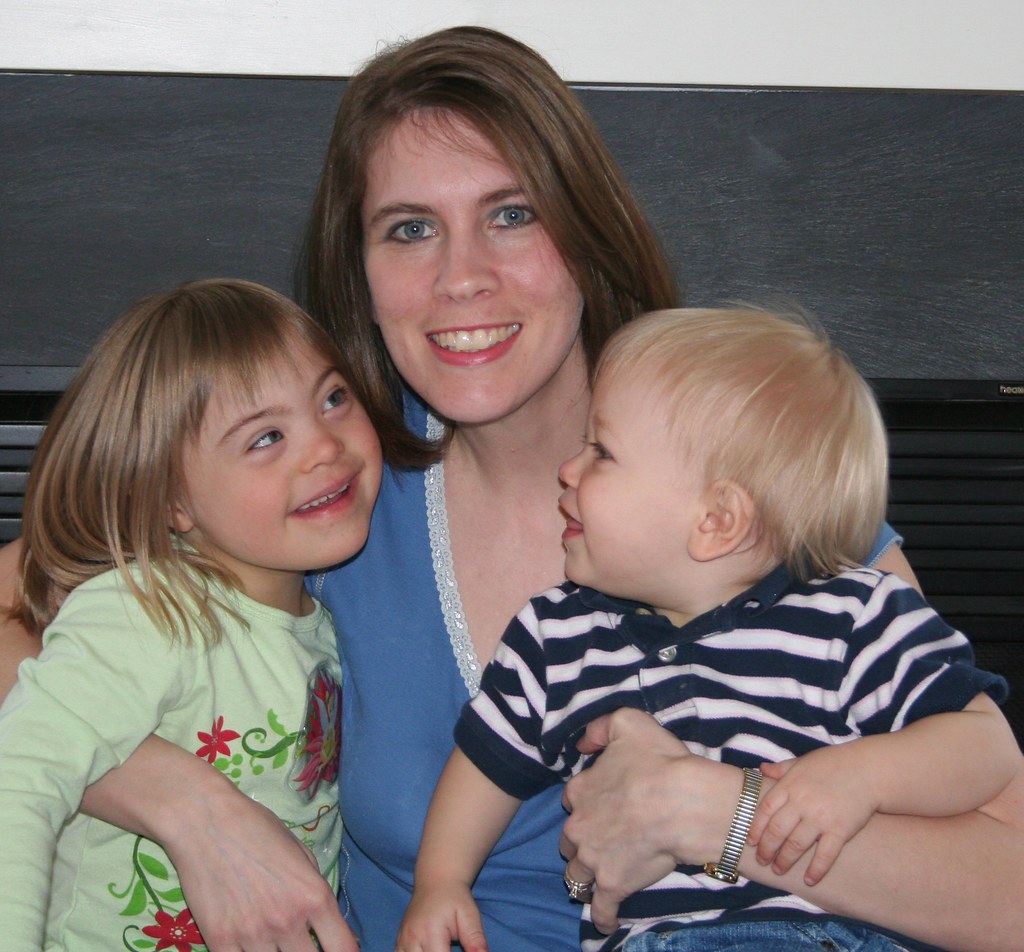


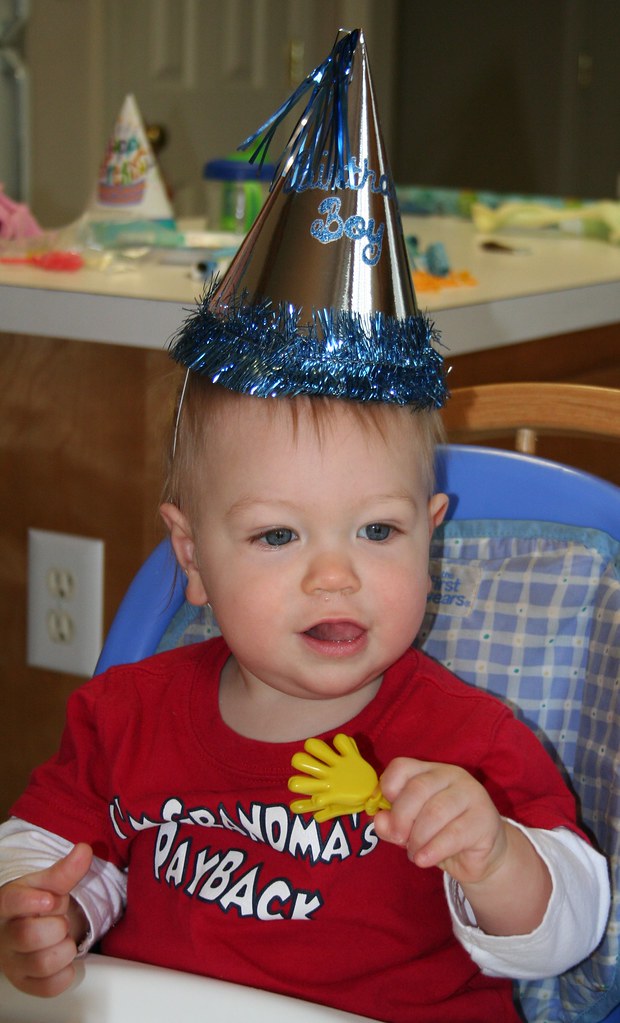
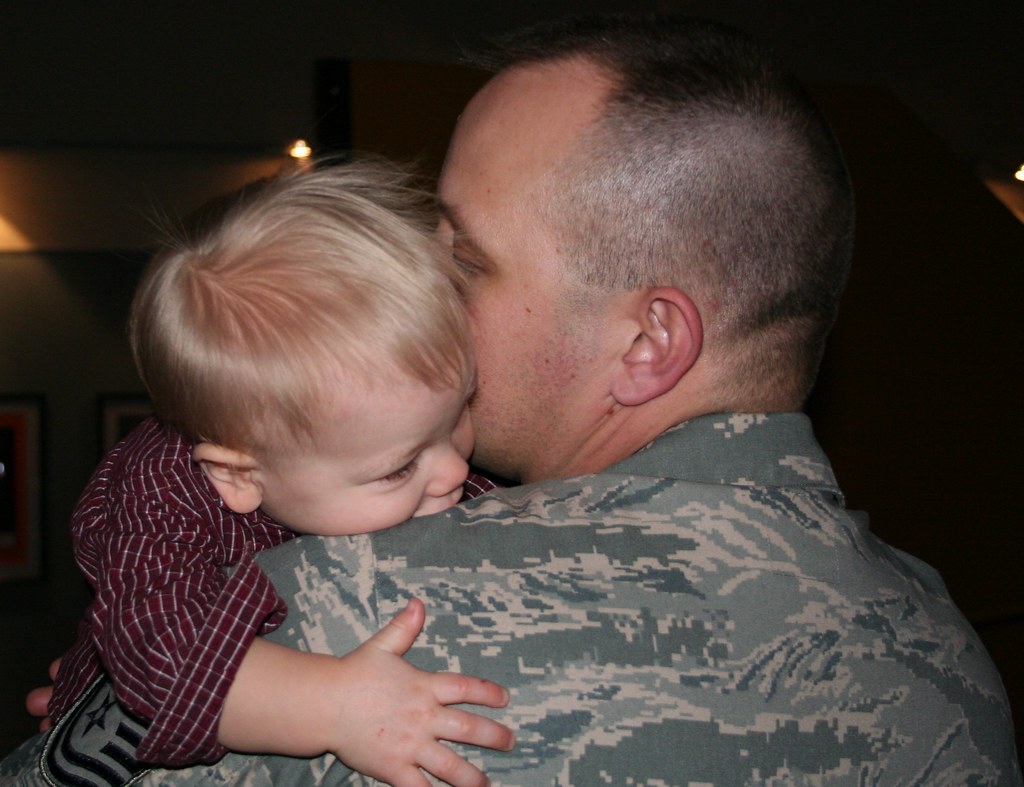

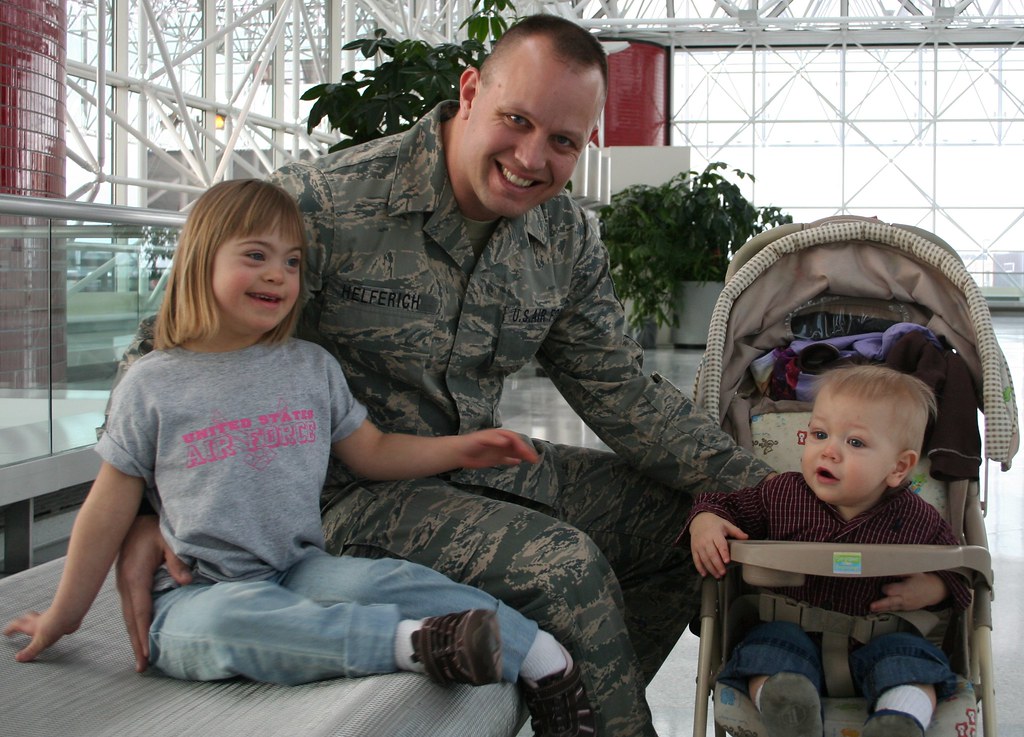


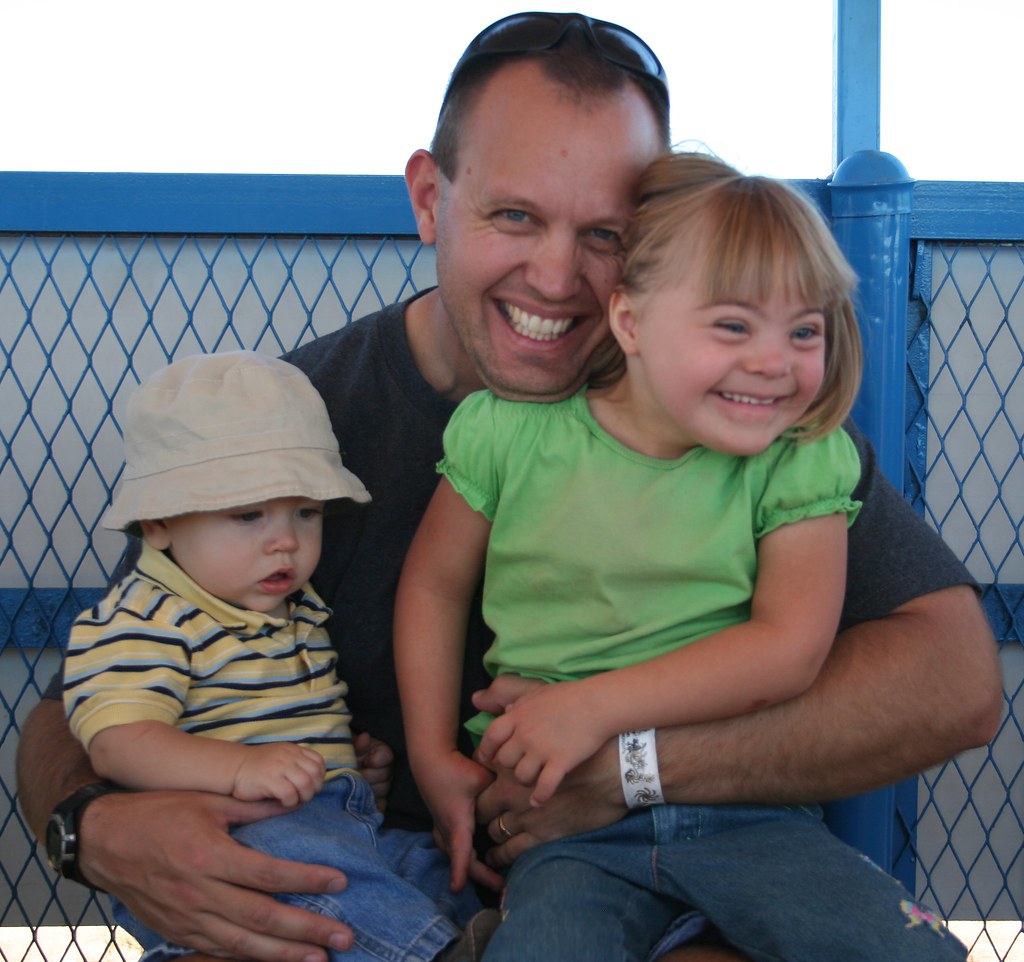
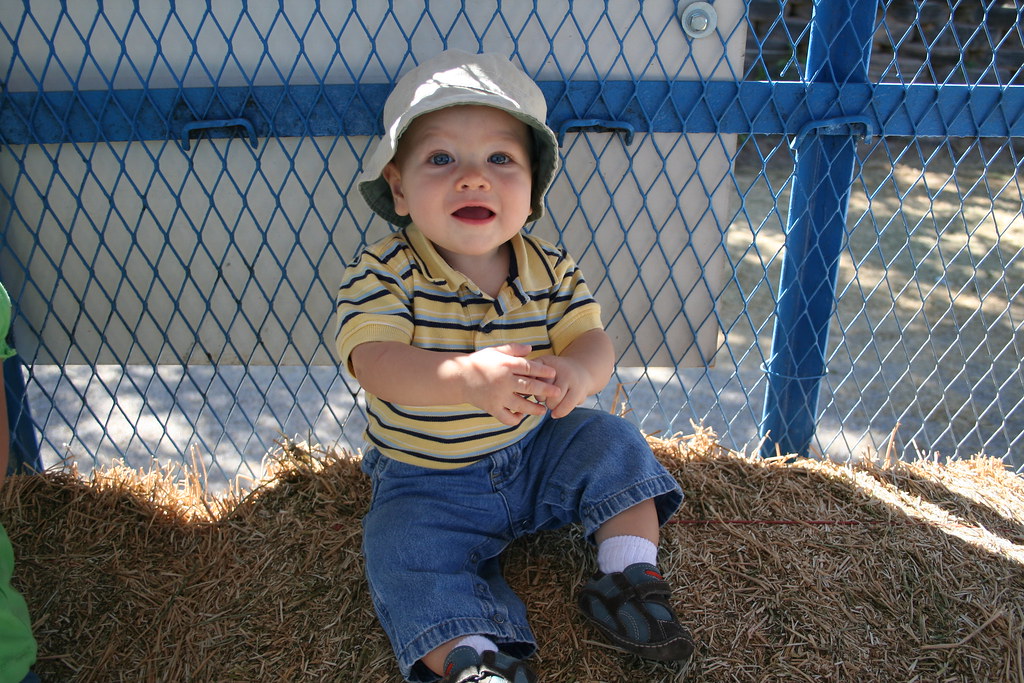






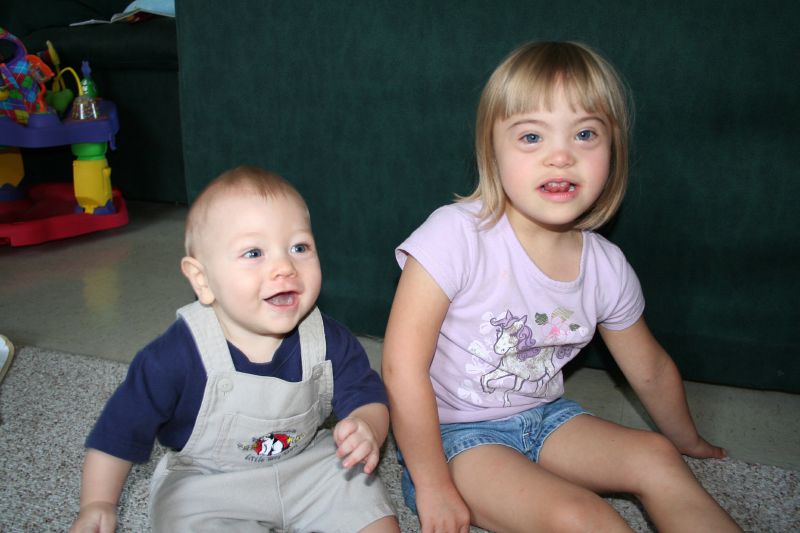


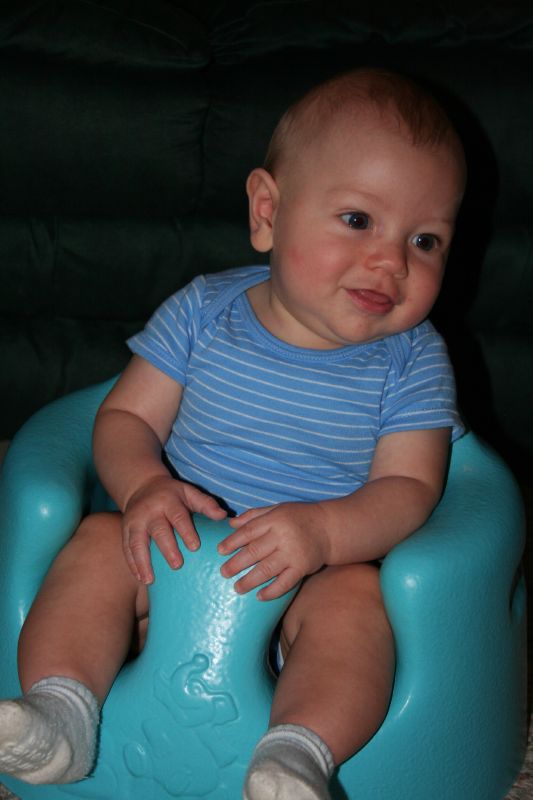




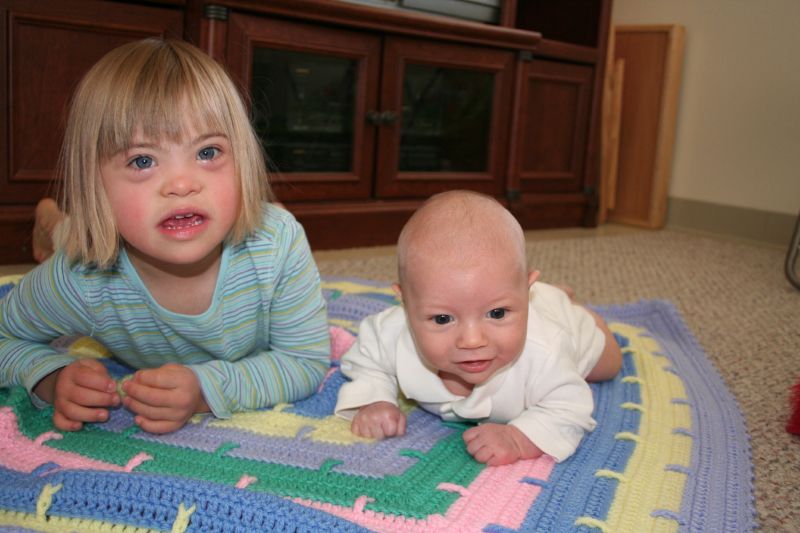

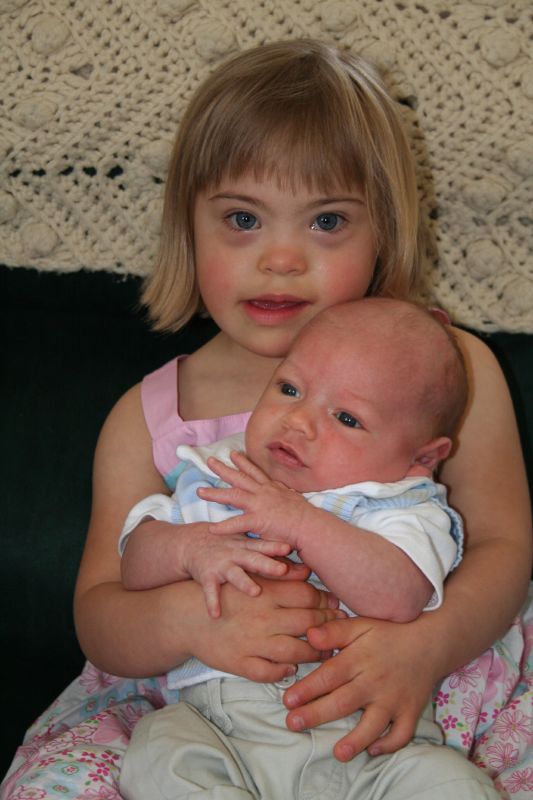

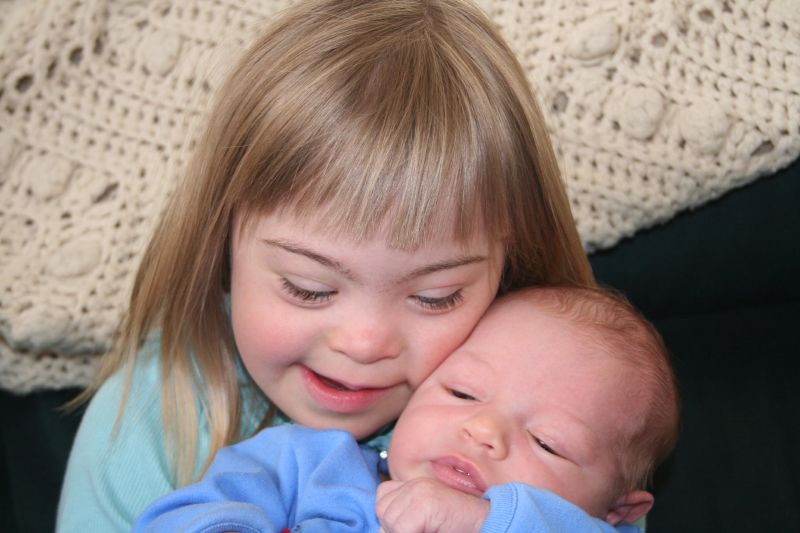
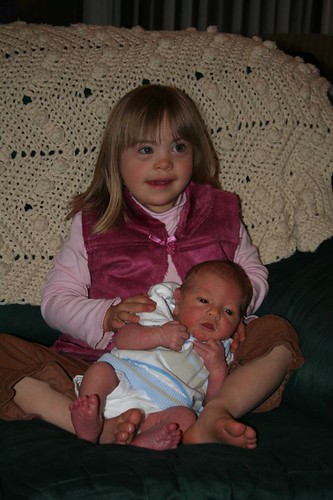
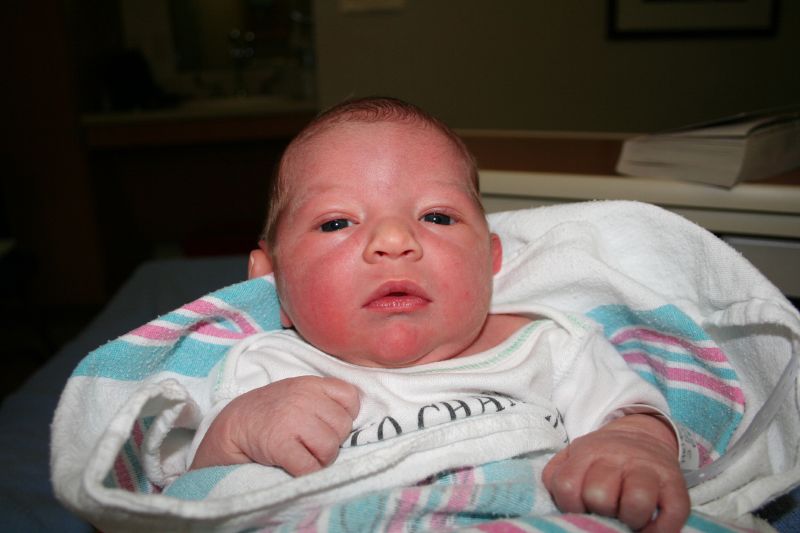
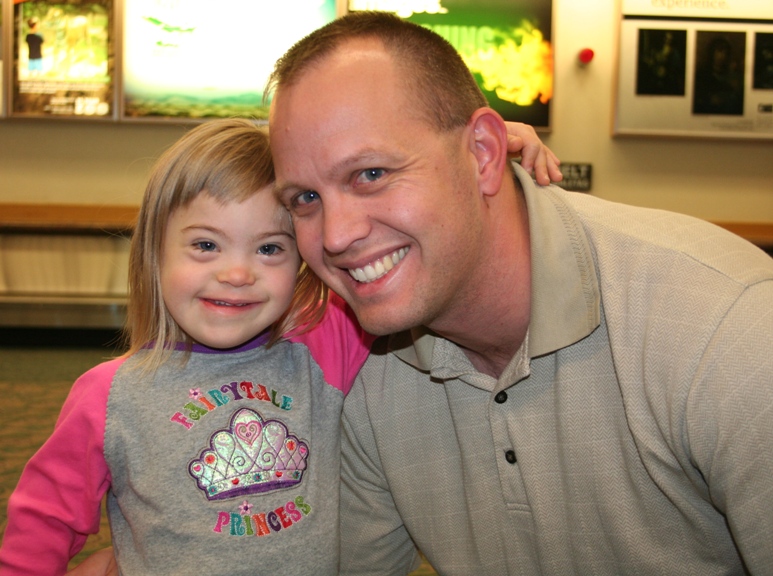

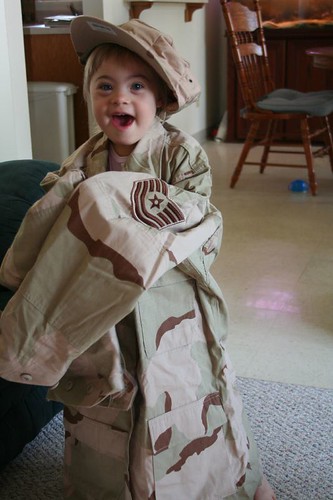



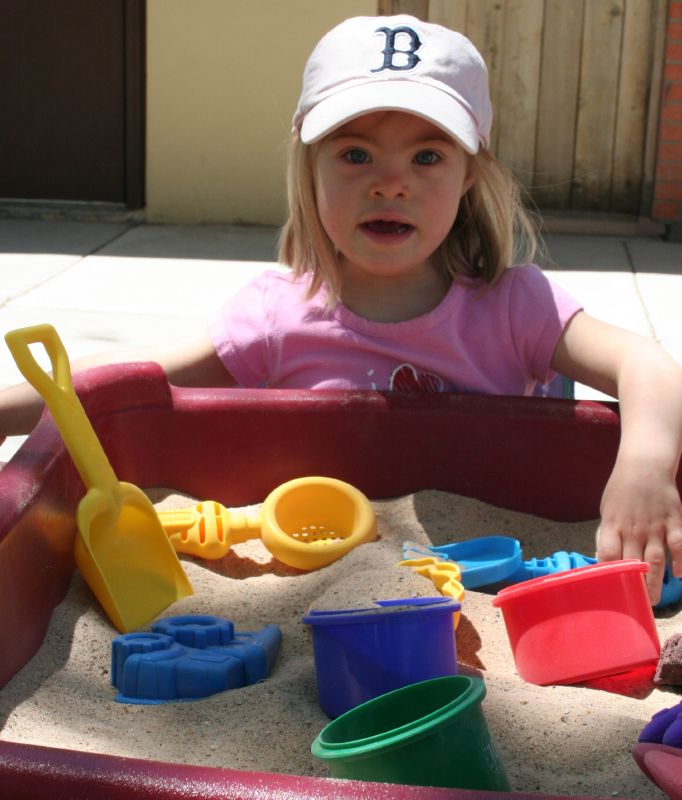







15 comments:
I'm sorry it had to be this hard. It shouldn't be this hard! I understand the being done. You've done your best and there are only so many times you can hit your head against the same wall. I'm discouraged that they are still in that mind set even after everything you've done. Sometimes all you can do is step back, regroup, and figure out where to go next. And it looks like you are already doing that. Good luck! I love seeing all the updates and I'm praying for you.
Check out wrightslaw.com They have excellent suggestions and tools about how to advocate in IEP meetings as well as what is the law.
I say send her to a better distract then video tape her success for the school distract
Michelle, don't beat yourself up. You are my advocate role model. It is IMPOSSIBLE to convince a district that inclusion works if they don't want to believe it. And you don't want Kayla in a district like that. I wish Superheros were real, and I wish they would come to IEP meetings.
Ah, just wrote the longest comment on phone with thumb and it went away?!?! Recap, you are amazing, those fools were not going to see light, there must be another way..... EVO soon! Hugs
I have a Change.org account. Can I petition for Kayla?
I don't think you have failed. I think the system has failed Kayla. That you realized they would not be willing to think not out of the box, but what is best for the child. Which is so much more important. So instead of wasting your energy and time you decided to explore alternatives.
That is not failure, that is a warrior mom who is not willing to settle. Hugs my friend.
I do not think you have failed at all. You have been advocating for Kayla like the mama bear that you are. As Kerri mentioned above, the system has failed her. The meeting was getting longer and longer and was going in circles - it was time to end it and to regroup and come up with a new plan of action. It makes me so frustrated that you are hitting so many brick walls. Honestly, I am not sure why the school is bucking so much as Kayla had a lot of inclusion in elementary school and successfully made progress & met her IEP goals (screw the "closing the gap" nonsense). Every kiddo is different - strengths, weakness, learning style, personality, etc and so each placement needs to be individualized. Yet it sounds like they have this formula of "if you have an intellectual disability, you do not get much inclusion". I am sorry that things have to be so difficult. That is is a constant battle. I about threw my computer when I first read about "they wash the football team's uniforms" in one of your earlier blog posts- seriously?
I read this post a while ago and felt so devastated for you I couldn't comment!
The attitude of the school/district, whatever you call it, is archaic and I think it's time to walk away and look somewhere else for Kalyla.
Don't you have other schools in the area ?
In Australia we have public, private, independent and religious schools. My kids attend a school in the independent system, and it is inclusive education. I know kids with a disability in many public schools in Australia have struggles with inclusion, but it all depends on the attitude of the principal and/or teachers at the particular public school. If there is not one teacher within the school to create a shift in attitude towards inclusion then it won't happen. Look for a school community that has a better attitude. Even if it involves more travel to get her there, other good things can come of that. New people, new places, I am sure there is a better place out there for her.
Lick your wounds and start looking again!
It is a tremendous challenge that most schools, the vast majority, have not managed to even partially meet. I remember the issues back when my kids were in a large public school district. For elementary school level, yes, there were the neighborhood school, but because there were a large number of special needs children, the neighborhood school each had provisions for certain types of needs. For example, one of the schools was set up for those children who were deaf. To put in the provisions and personnale for each of the 8 schools was more money than they wanted to spend, so if your child was hard of hearing or could otherwise best avail selves of the situation in that one school, s/he would go there rather than to the local school, unless that already was the local school.
Come middle school and high school, the ante goes up as more complex academic things have to be issued, some and many over and beyond what those who are mentally challenged can grasp, particularly in the time that it has to be mastered. A teacher and class has that one school year for most of the student to master certain academic subjects and hopefully even beyond for those student wanting and able to go there. To meet that goal AND to address the needs of those students who need more time, or who will never reach that mastery level is more than most teachers can handle. Many don't even meet the goal of getting 75% 90% or whatever is considered the minimum of mastery and students getting to the level with those students who are well able to get there.
How to include a child like Kayla in that classroom setting is more than most teachers can address. Some districts will provide a personal aid to keep such a student from distracting the teacher and other students, and to translate the info to an understandable and manageable level, yes. But that involves a one to one aid on every student in that situation with individual needs and levels of understanding.
What alternative schools do you have in mind for Kayla? Do also look into what college options are out there for those who are academically challenged and see what looks realistic for Kayla. It does make sense just as a tautology that those who are able to be mainstreamed into a regular setting successfully would be more likely to continue in higher education. The fact of the matter is that college is not the best goal for many students, including those who are in the mainstream. To keep options like college open as a possibility is great; the more options, the better, but other paths should also be investigated.
There has been some great activism in the disability movement that has been bringing up questions on many of our values and goals that seem so important. Many strong adults with disabilities are weighing in vehemently about what are important things to them that are a new, different way of looking at things that are shaking up caretaking parents as well as educators and long upheld specialists in disability education and goals.
I hope where ever Kayla ends up next year, and other years are places where she will thrive, grow and enjoy.
It's not legal till you sign it.
Michelle,
You are an amazing parent who works SO hard to give every opportunity possible to Kayla. It is not you who failed. It was the fault of her district, who refused to see her for her strengths, for all she can contribute to the classroom environment and school as a whole. It is sad to acknowledge that these teachers have likely never experienced the power of inclusion themselves. Otherwise, they certainly would not have responded the way they did. As her parent, you know Kayla best. Her teachers should have asked you what you thought before they even proposed any of their own ideas. I am so, so sorry that this has been such a nightmare for you. I hope that you will be able to find another school that will better appreciate you and Kayla for all of your gifts!
Elise (Kids Included Together)
Your blog caught my eye today. My daughter is now a junior in high school, one of only two children with intellectual disabilities in our entire town. I got so tired of fighting every single step of the way, only to have them implement a program grudgingly and put no effort more thought into it. We ended up agreeing to a life skills program, not because we believed she couldn't make it in the regular at classroom, but because we believed The teacher in that program was our best option for any kind of education whatsoever. We went to court, we challenged the school, but it comes down to inclusion can't really happen unless everyone on the team wants it to. I'm sorry you're going through this. If it is any consolation, my daughter has learned more in the last two years then she ever learned with teachers who didn't even want to try.
Ciarrasmom Michelle
PS in many states you do not need to sign anything for an IEP to take effect
Post a Comment